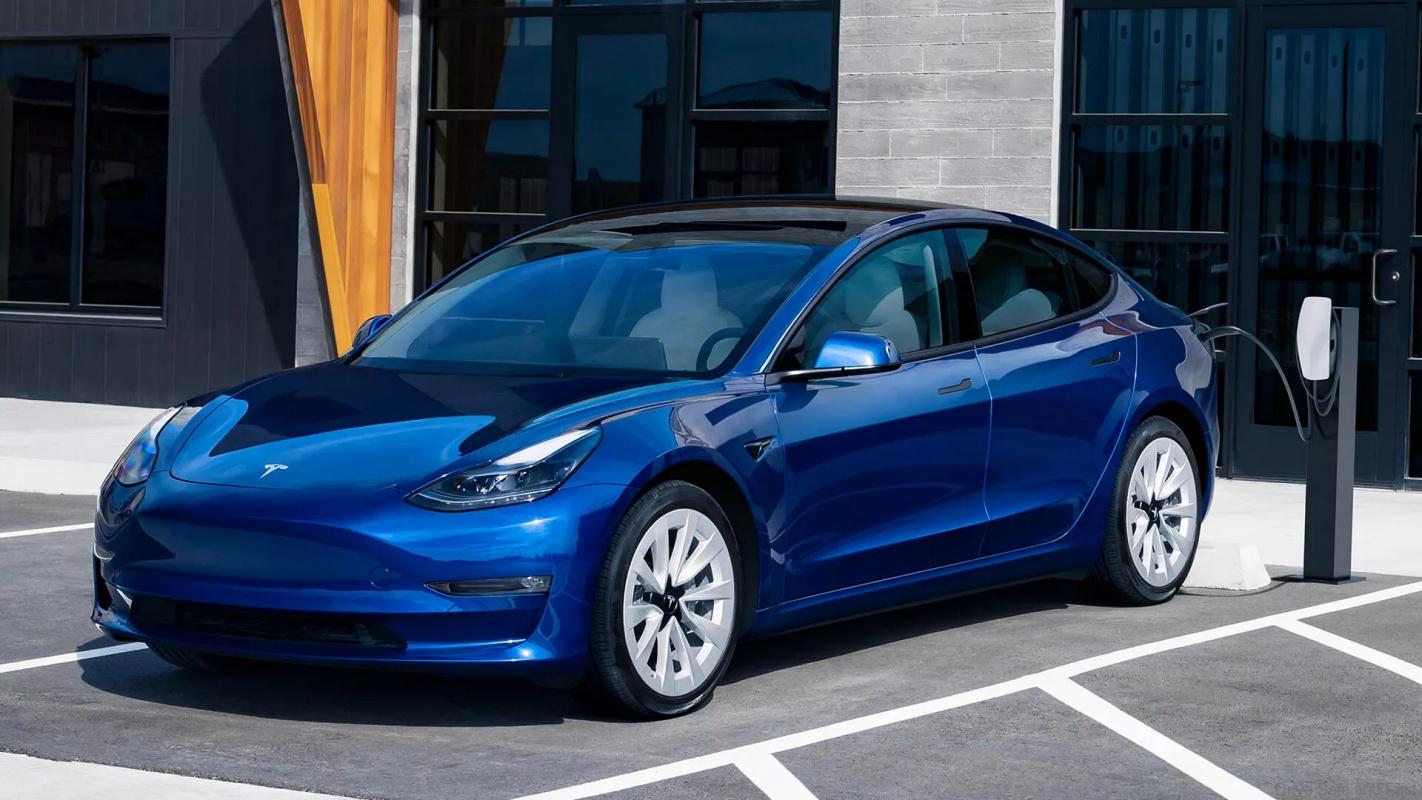After BYD, now even Volkswagen is outselling Tesla, looks like Tesla needs help
Volkswagen has officially overtaken Tesla on the German electric vehicle (EV) market last year. In 2023, around 70,600 pure Volkswagen EVs were newly registered, as the Federal Motor Transport Authority (KBA) announced on Tuesday. First BYD, now Volkswagen, it is not looking good for Tesla.
This represents is an increase of 11.7 percent compared to the previous year. The number of new registrations of Tesla vehicles was almost 63,700, significantly lower than the previous year (9 percent less). That was only enough for second place. Now while it is only one market now, who knows what 2024 could hold?
Moreover, when it comes to the most popular EV model in Germany, Tesla remained on top with its Model Y SUV holding around 45,800 new registrations. In total, around 524,200 EVs were registered in Germany in 2023. Compared to 2022, this is an 11.4 percent increase. The share of all EVs in all 2.84 million new registrations was 18.4 percent.
If the ranking were based not on individual brands but on corporations, Volkswagen would be even further ahead of Tesla as 30,600 Audi EVs would be joined by 23,500 Skoda EVs, along with 17,500 Seat EVs and 5,700 Porsche EVs. That’s a total of almost 147,900 EVs in all.
These numbers all represent an increase of 22 percent and a market share of more than 28 percent. Behind Tesla is the Stellantis group, which includes Citroen, Peugeot and Opel, with almost 71,300 EVs.
On top of that, the big three German car companies, Volkswagen, Mercedes-Benz and BMW, were able to make strong gains in the EV market in Germany in 2023, the number of new registrations of the three brands rose by 32 percent almost three times as strong as the entire market.
What’s more, the brands owned by Chinese manufacturers were at a significantly lower level, but were therefore notable for 2023 and rightly so. Their share of new EV registrations was nine percent in 2023. That is twice as high as the previous year and eight times as high as in 2021.
According to the head of EY’s Western Europe mobility division, Constantin Gall, the abrupt stop in funding for EVs makes the situation even more difficult as he says this will lead to a significant decline in buying interest and lower sales figures. After the electric market share had risen steadily for years, he expected that combustion engines would regain market share in the new year.
We got all this from de investing and their full article is linked here. Thank you de investing for the information.






